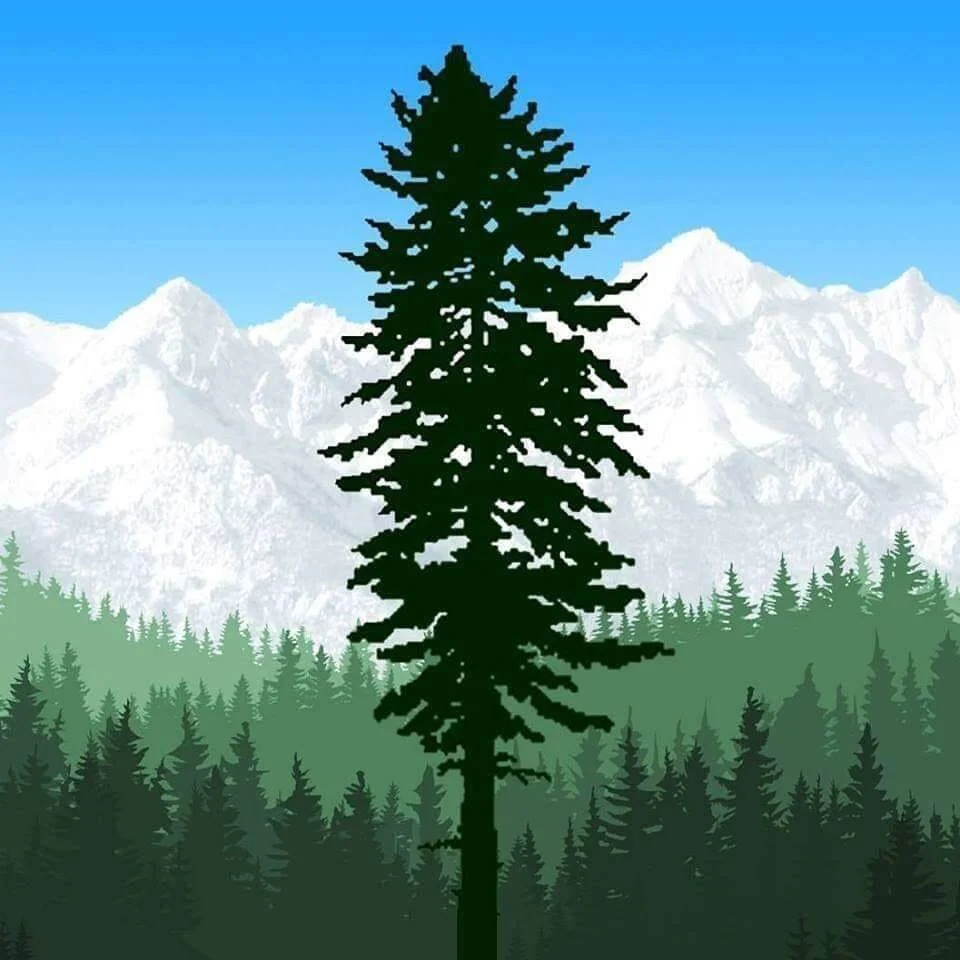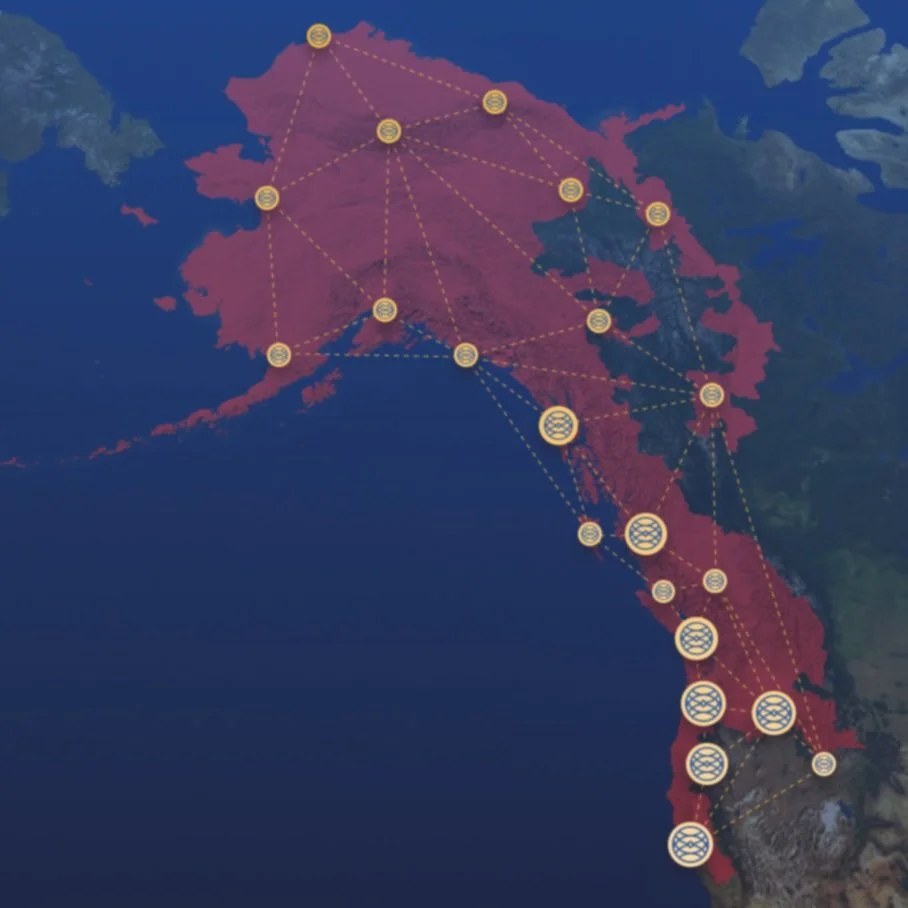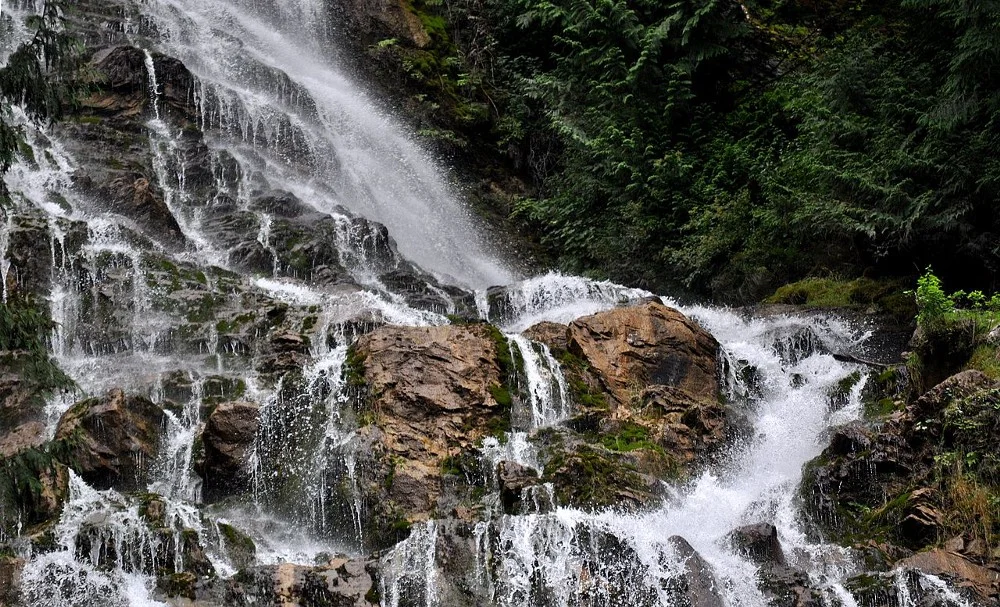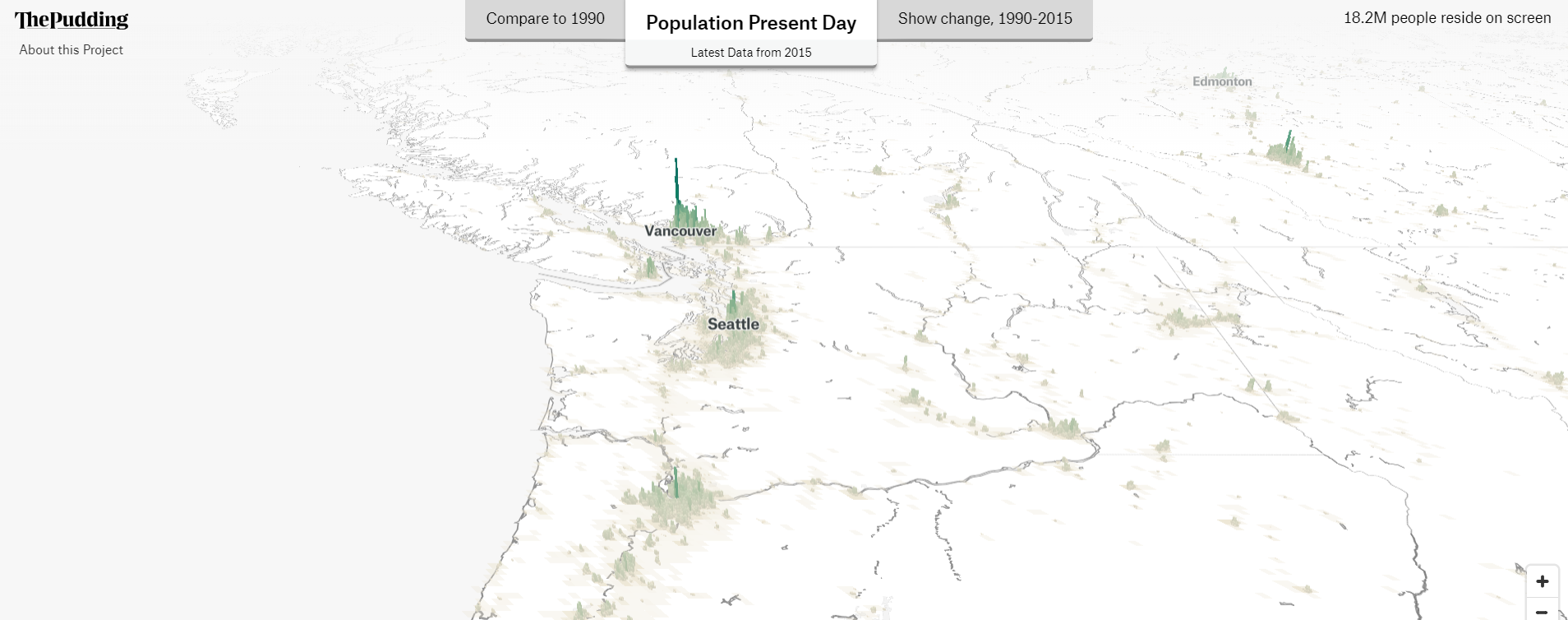Cascadia, a bioregion with 16 million people and the world’s 9th largest economy must represent itself by leading a delegation to next week’s annual international climate summit known as COP25 in Madrid, Spain.
THOSE WHO PRESERVE THE PAST, AND THOSE WHO DESTROY THE FUTURE: The Tragedy of the Southern Oregon Historical Society
Organizing Bioregionally: By Daniel Christian Wahl
Cascadia tops GDP per capita with sustainable economy & transparent banking practices.
Taken together, British Columbia, Oregon and Washington (Cascadia) had a combined GDP of more than a trillion US dollars a year, and a population just under 16 million in 2017 placing Cascadia as the 9th highest GDP per capita in the world. More startling however, is that Cascadia is the ONLY economy in the top ten, in which fossil fuel extraction or serving as a tax haven is even present.
Why is Bioregionalism Important?
It’s a question that for many Cascadians is a no-brainer. Taking care of where we live not only feels good, but it’s vital to our survival. We know this. We know about climate change, deforestation, fossil fuels, and other serious and real dangers to our planet, but how can this idea of bioregionalism, help us combat these issues?
Bioregional Essays: Bioregional Centres - Donella Meadows' Vision for Deep Local Change
The Department of Bioregion is excited to share an essay version of a letter read to the Leverage Points conference plenary on Friday, February 8th 2019 in Lueneburg, Germany by Isabel Carlisle and edited by Liz Clarke who help run the Bioregional Centre in South Devon, the United Kingdom.
Demonstrating Cascadia Decolonization - Recognizing Indigenous History
The History of the Salish Sea: Bert Webber discusses the Salish Sea in KNKX Feature
The Cascadia Department of Bioregion is excited to share this wonderful article, audio feature and Salish Sea series created by local Seattle radio station KNKX. The Salish Sea is a defining example of bioregionalism in action, and more people need to know the power of it’s creation, and of place making.
Why I am Cascadian - by Andrew M. Tanner
The Cascading Cascades of Cascadia - where does the name Cascadia come from?
Cascadia — the evocative name of a region, an idea, a movement — wild and free, defined by the waters flowing from the continental crest through the headwaters of the Pacific. Cascadia is a bioregion, the place we call home, an identity, movement and positive vision for the future. But where did this name actually come from?
Cascadia's Human Terrain: Shifting our perspective through Bioregional Mapping
Why the Cascadia Movement Matters Now More Than Ever
How to create a leaderless revolution and win lasting political change | Carne Ross
Cascadia - For the Wild
This Place - by Cascadia Matters
This essay is from Casey, Devin & Mel from Cascadia Matters, released in 2012, and the creators of the Occupied Cascadia documentary. Cascadia Matters was a film and educational collective in Bend, Oregon dedicated to a radical and real decolonization of the Cascadia bioregion by those living here, and a true solidarity with First Nations and indigenous cultures and ways of living.





















